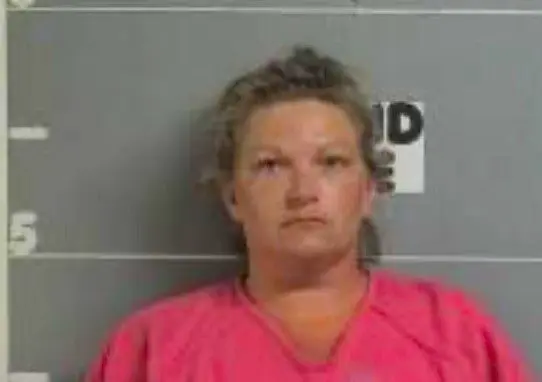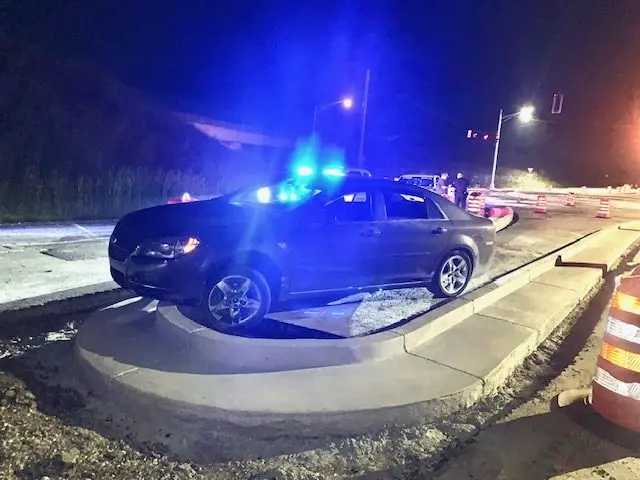
The Western Kentucky University meteorology program’s 16th annual Field Methods in Severe Weather Analysis and Forecasting course, known as the WKU Storm Chase, will include a student from Hardinsburg.
Eight students will forecast and document severe storms during the two-week trip to the central and southern Great Plains, including Meteorology major and spring 2025 WKU graduate Jackson Powers, of Hardinsburg.
“(The course began on Saturday) and is designed to train students on how to forecast all forms of severe weather by not only identifying exactly when and where severe weather events will occur but also traveling to the predicted areas in time to document the outcomes,” according to WKU. “This type of hands-on learning will require daily drives of hundreds of miles to commit to the forecast to see how predictions play out.”
Since the course was launched in 2010, Dr. Joshua Durkee, University Meteorologist, Professor and Vice Chair for the WKU Department of Earth, Environmental, & Atmospheric Sciences, said WKU groups have visited 20 states and traveled a total of 112,013 miles, an average trip distance of 7,500 miles, or roughly 500 miles per day.
According to Dr. Durkee, students will rotate roles each day to lead technical forecast discussions and travel logistics. Students will also translate these discussions and communicate the predicted expectations back to another class of remote online students studying Emergency Management Disaster Science (EMDS).
EMDS students will learn how to understand the severe weather forecast process as it applies to hazard planning, mitigation and response to disruptive and severe weather emergencies. Once the travel component of the course is complete, EMDS students assemble for a week-long capstone exercise that integrates the field course weather data into a simulated event to learn how to manage a weather crisis.
“There are many elements to severe weather beyond the science of forecasting and the focus on accuracy,” Dr. Durkee said. “At WKU, we are committed toward broadening our application and understanding to more multi and interdisciplinary approaches of natural hazards through the lens of Disaster Science. In doing so, students can commingle core skill sets, such as forecasting with communication, emergency management and societal impacts, among others, for the purpose of training the next generation to help improve the preparedness and safety of our communities. The design for this is with all of that in mind and brings an innovative learning experience unmatched anywhere.”
(Photo: Jackson Powers, courtesy of LinkedIn)
By Ken Howlett, News Director
Contact Ken at ken@k105.com








